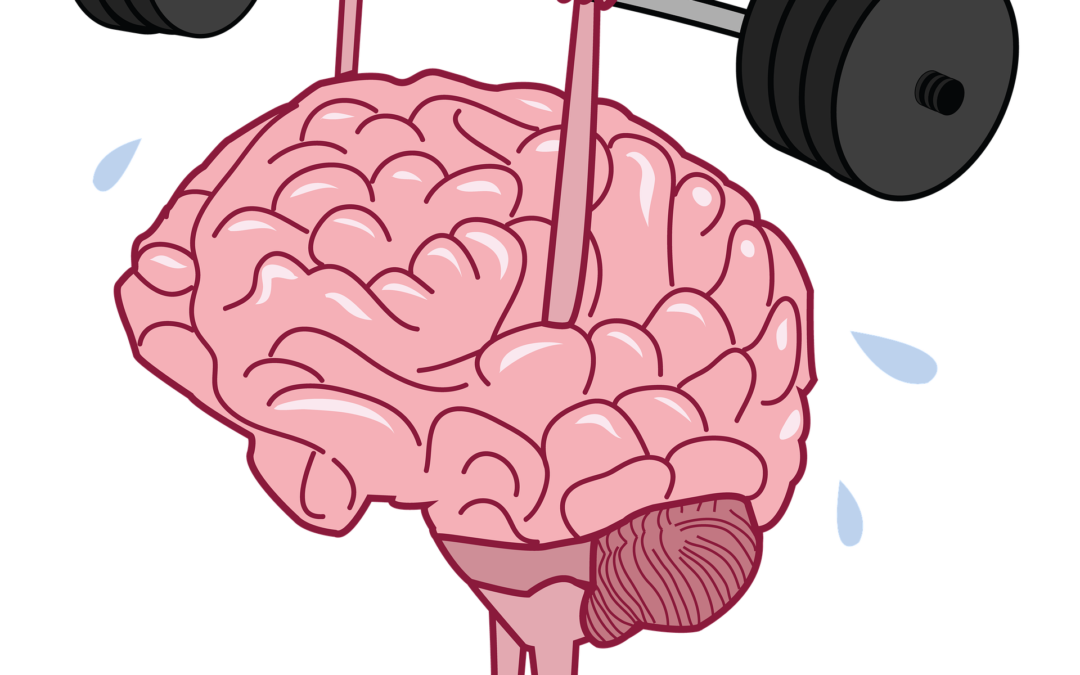One’s mental health is a fluid element of life. It includes our emotional well-being, our social relationships and our inner life, our sense of self. We come into the world with a brain more or less ready for the world then our experiences, both prenatal and upon delivery, begin to leave their marks on it. Less than optimal genes may lay dormant under optimal conditions but may rage into action when stress reaches critical proportions. So, let’s examine optimal mental health first. This way, when our mental health or the mental health of our loved ones takes a detour, we will be able to recognize the warning signs and can provide the support needed for recovery.
Optimal mental health means that the individual participates in the world fully and to the best of their ability. Each of us is so unique. When our mental health is serving us, we can offer the world our best. That best may demonstrate as any variety of skills and characteristics: planning, loving, creating, building, thinking, organizing, listening, supporting, guiding, patience, cooperating, optimism, clarity, and on and on. The work and service we deliver benefit ourselves, our loved ones, and the community at large.
To go a little deeper: our emotional well-being reflects our circumstances. We are responsive to the events around us but not overwhelmed by them. Our emotions are adequately controlled but not so controlled as to be invisible to ourselves and trusted others. We express our emotions in accurate ways and in ways that bring trusted others into our emotional lives. We recognize when we need the comfort and connection to those trusted others to maintain our stability, our emotional well-being. When the inevitable challenges of life enter our path, the mentally healthy person rises to the occasion, rallies any needed resources, and comes out the other side possibly changed but still intact. This is resilience: the ability to bounce back from adversity. Notice, it isn’t done in isolation; resources include others with unique skills and knowledge.
When our mental health is optimal our psychological well-being reflects it. We recognize our unique strengths and weaknesses. We are free to ask for the help and support we need so our problem-solving abilities are sufficient to meet any challenge we take on. Our sense of security and confidence can withstand challenge and hardship. We remain optimistic in the face of adversity. We are satisfied with our lot in life, even as we enjoy pursuing new goals.
Optimal mental health means we have a variety of levels of social relationships, some intimate, some casual, some functional, and some that are exclusively nurturing. This connectedness is central to our humanness. A mentally healthy person navigates these relationships with authenticity and respect for the individuality of others. We are less vulnerable to any pressure to “keep up with the Joneses”. This gets a bit more complicated in adolescence. I’ll go into this in-depth next month but for now, keep in mind that social connections are critical for teens.
The teen’s pool of age-mate social connections need not be huge but, for this developmental stage, it is a top priority. Because this is the time of life when adulthood is on the horizon, our ability to function beyond home is even more important. Identity development and a sense of where one fits in the greater world get a foothold in adolescence. Unfortunately, our brain development and our social structures don’t exactly sync. Just like toddlers’ brains get “pruned” of unused connections, so do teen brains. This often makes for erratic and confusing behavior: the tidy kid becomes a slob; the organized child becomes a forgetful teen; and the pleasant person gets less predictable, a bit more confrontational. In our country, a person becomes legally accountable at age 18. Unfortunately, only by age 25 does this developmental pruning dust settle. In the meantime, maintaining a teen’s mental health, and that of their parents, might require concerted effort.
I’ve written extensively about how child mental health goes off track when the brain is exposed to drugs, trauma, or neglect. I’ve often written about self-care here. Maintaining your mental health is all about self-care: A diet rich in fruits and vegetables, water, and sleep; plenty of time with trusted friends and family; and time to enjoy hobbies, sports or community service all support our mental health. Sometimes, issues that burden us, that interfere with our optimum functioning, require the attention of a professional therapist to get things back into perspective or to explore new coping/problem solving strategies. I hope you have found this helpful. We spend too much time talking about what it looks like when mental health goes awry and too little energy on how to protect it.
NEWS
- Check out the AZAFAP Event Calendar at https://azafap.gnosishosting.net/Events/Calendar.
- Our Friday night Happy Hour and Tuesday afternoon Coffee Chat continue. Some find me and a single other participant; others find a conversation among 4 to 6 people. The topics range from the silly to what hobbies have us in their grip to what life has thrown in our path. If you ever find yourself wanting a bit of grown-up conversation, consider joining us (check your email for the unchanging link).
- Registration is also open for new, regional online Circles of Supportive Families. Reach out to find another parent who understands.
- Though pressures are easing, this pandemic continues for those of us who understand what is at stake. We are all weary of it. Reach out if you need an ear: cathyt@azafap.org.
- I encourage you to check out what Dr. Bruce Perry has to offer. Find his thoughts at https://www.pcaaz.org/wp-content/uploads/2019/07/B21-Insightful-Caregiving-Intimacy.pdf and at https://www.neurosequential.com/covid-19-resources
Thanks for listening. Take care of yourself so you can take care of others.
Cathy


Recent Comments